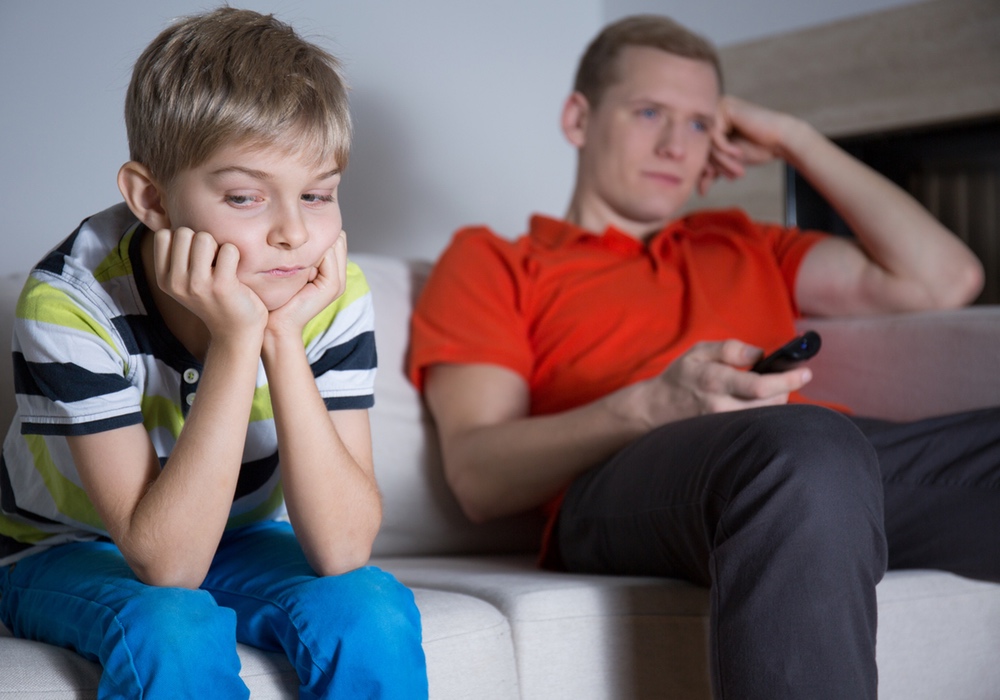The sad mood, irritability, loss of energy and feelings of hopelessness that characterize depression can affect children as well as adults. Children who feel depressed may function poorly at home, at school and among their classmates. This can lead to social isolation, problems in school, poor family relationships and poor physical health.
Childhood depression can be treated effectively with therapy, such as cognitive behavioral therapy, with medications and lifestyle changes in many cases. But it can also persist into adolescence and even into adulthood, so finding other strategies to prevent and treat it in children are called for. One possibility, recently explored in a study just published in Pediatrics, is exercise.
Building on research suggesting that exercise can help ease and prevent depressive symptoms in adolescents and adults, Norwegian researchers looked at how physical activity might affect depression in middle childhood.Childhood depression can also persist into adolescence and even into adulthood.
Kids who engaged in moderate to vigorous physical activity regularly at ages six and eight had fewer depressive symptoms two years later. The authors concluded that increasing the level of moderate to vigorous physical activity in middle childhood could prevent or reduce the symptoms and related impairments of depression in some children.
At the same time, the study also found that being sedentary did not appear to put children at greater risk for symptoms of major depressive disorder, and depression did not influence the likelihood of activity or inactivity.
Although the study did not directly explore the reasons for the connection between exercise and depression, the authors offered some possibilities:
Kids who engaged in moderate to vigorous physical activity regularly at ages six and eight had fewer depressive symptoms two years later.
Parents concerned about a child's tendency to feel down should look for ways to bring more activity into his or her life, perhaps by making exercise a family affair. This study suggests that regular physical activity in middle childhood can be a helpful hedge against childhood depression, and adds yet another reason to increase the opportunities for physical activity in children's lives.





